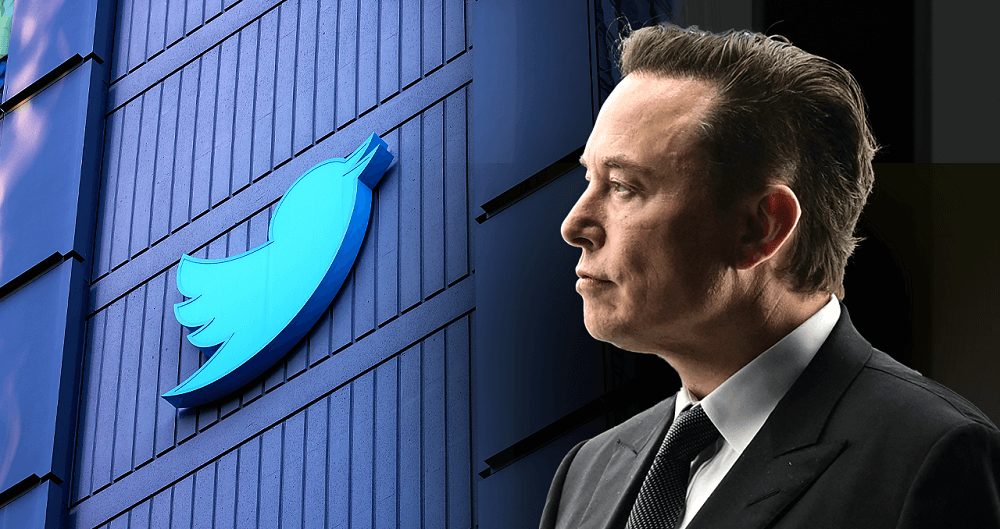Ever since billionaire businessman, Elon Musk, acquired the popular microblogging app, Twitter, he has carried out a number of changes on the platform, which have been met with mixed reactions. Most recently, he completely rebranded the entire platform, renaming it X.
The decision was met with heavy criticism as ever since the brand went live in 2006, it has never changed its name and has maintained the bird logo and the colour blue as its brand colour. With the rebrand however, the logo is now a white letter X and the brand colour has been changed to black.
Advertisement
However, according to marketing expert, Wisdom Ating, Musk rebranding such a well-known platform after so many years is not necessarily a bad decision.
He explained that there is really no right or wrong decision in the marketing business but that people are just sentimental about the rebrand because of how long they have known the platform as Twitter,
“There is no right or wrong decision, really with regard to the business, it’s just that people are emotional because Twitter has been Twitter since 2006 when it was founded, so there is a lot of emotion within the Twitter community because of the rebrand. But Musk is a businessman and he has some of the best marketing experts working with him so I don’t think it’s a bad decision,” he said.
He added that the rebrand helps Musk to set a clean slate upon which he can implement as many changes as he wants within the platform.
Advertisement
“It helps him set a clean slate for X and sort of psychologically takes people on a new journey with the platform. It also gives him room to introduce new products or features that would make the most business sense to him. It’s still too early to tell the effects of the rebrand for now but what we are experiencing is the normal user response with people resisting the change and reacting to it differently, So that’s really what is happening. So far, however, there hasn’t been any significant change,” he said.
When asked if another possible reason for the rebrand was to dissociate it from its previous owners, Ating answered in the affirmative, stating that the rebrand allows it to fit in more smoothly with Musk’s own set of businesses, and also allows for more changes as Musk has expressed his intention to expand the scope of the platform.
“If you look at the rebrand, X actually aligns with the businesses he runs currently. I also watched an interview where he said he wanted X to have the kind of position that WeChat has in China, I think he called it an everything app. So it actually just makes sense for him to rebrand because he would be fighting a lot more battles if he was trying to achieve that under the Twitter that everyone knows because people will continue to fight the change.
“But since he has rebranded the whole thing to X, people are just watching to see what he will do next and putting your users or customers in the position where they are watching to see what you do next, gives you some leeway.
Speaking on some long-term effects of rebranding a well-known app or brand like Twitter, he said Musk risks losing users and revenue.
Advertisement
“When rebranding such a well-known brand, first you stand the risk of losing your users, but that depends on the value composition of the new brand. If you pay close attention to Twitter, it’s not Gen Z-centric, its more Millennial-centric, so I would like to think that Musk wants to cater to the Gen Z users, and maybe give Tiktok a run for its money by starting to do things that Tiktok is not doing.
“So while one of the long-term effects is that it can reduce the immediate market share, it opens you up to new opportunities, and new markets because whatever solution or value composition you provide can be adopted by a new category of users.
“The second long-term effect is loss of revenue, because obviously if you lose users, you lose revenue,” he said.
Ating explained that another effect is the effort to build a new brand that will be as successful as the previous one.
“The third long-term effect would be the struggle to build a brand that is as successful as the one you’re coming from because there is something to compare it to directly, especially if you’re carrying over the same type of people that are used to a certain culture and psychology from the previous brand.
“You have to do a lot of work to reorient them to the philosophy of the new brand, which if you’re not successful at doing you risk a huge loss,” he said.



